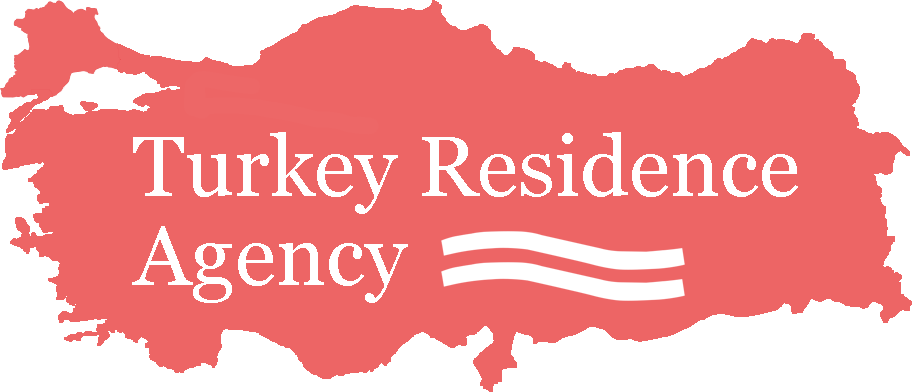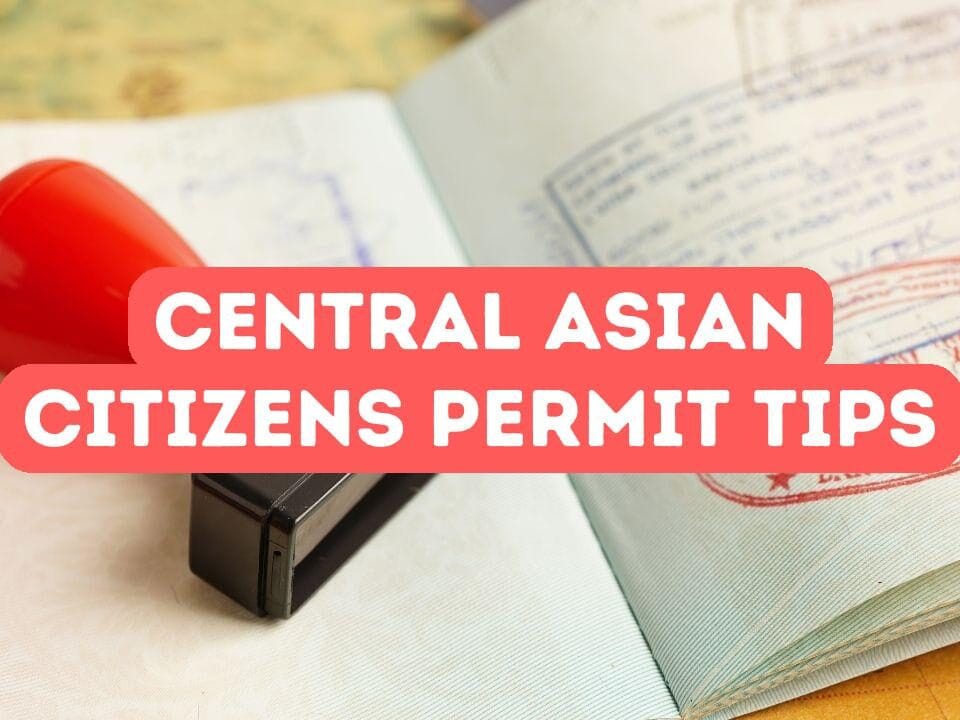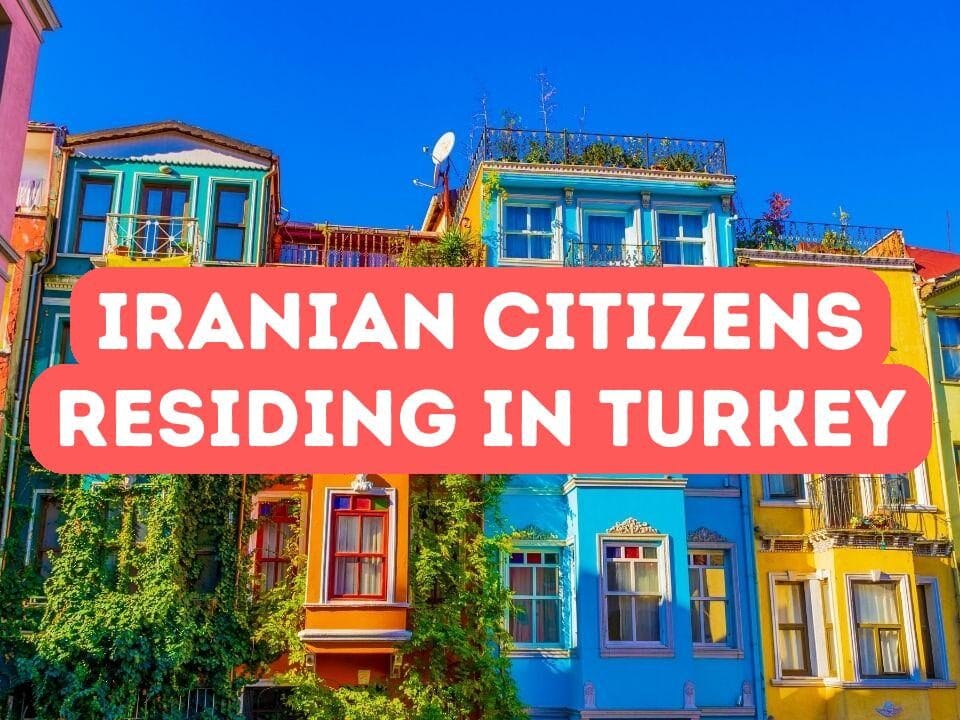Residence Permit for Newborn Baby
Navigating the complexities of obtaining a residence permit for a newborn baby in Turkey can be an intricate process, and understanding the nuances is essential for ensuring legal compliance and the well-being of your family. At Turkey Residence Agency, we specialize in providing expert immigration advisory services tailored to assist foreigners living in Turkey. Whether you are new to the country or have resided here for years, our dedicated team is committed to guiding you through every step of securing a residence permit for your newborn. With an ever-evolving legal framework and specific requirements that must be meticulously adhered to, our expertise ensures a seamless experience so you can focus on what truly matters—welcoming your new addition into your family.
Eligibility Criteria and Required Documentation
When applying for a residence permit for your newborn baby in Turkey, it is crucial to understand the eligibility criteria and gather the required documentation to ensure a smooth process. Both parents must hold valid residence permits to qualify the newborn for a residence permit. Essential documents include the baby’s birth certificate, which must be translated into Turkish and notarized, both parents’ passports, and their current residence permits. Additionally, you will need to provide proof of up-to-date health insurance for the newborn and a notarized copy of your marriage certificate if applicable. These documents collectively affirm your legal status in Turkey and your newborn’s eligibility for residence.
Meeting the documentation requirements doesn’t end with just gathering the primary documents. You’ll also need to submit a completed application form, which can be obtained from the Directorate General of Migration Management (DGMM) office or their official website. Ensure all forms are filled out correctly to avoid potential delays. Moreover, a residence permit application fee must be paid, with the receipt attached to your application package. In some cases, additional documents like proof of address in Turkey and biometric photos of the baby may be required. Attaining an apostille for foreign-issued documents that are not originally in Turkish might also be necessary to ensure their validity. It’s always advisable to consult with immigration advisors to stay updated on any changes in the documentation process, ensuring a hassle-free experience.
Once all necessary documentation has been collected and thoroughly reviewed for accuracy, you can proceed to book an appointment with the local DGMM office to submit your application. It is highly recommended to arrive early to avoid long waiting times and to be prepared for potential follow-up appointments in case additional information or corrections are required. At the appointment, an immigration officer will verify your documents, discuss any missing or additional requirements, and may conduct a brief interview. After submission, the processing time for residence permits can vary, so it is essential to monitor the status of your application regularly through the DGMM’s online portal. Throughout this period, maintaining a line of communication with the authorities and your immigration advisory service can greatly mitigate any unexpected issues, ensuring you secure the residence permit for your newborn baby efficiently.
Step-by-Step Application Process
The first step in the application process for securing a residence permit for your newborn in Turkey involves obtaining a birth certificate from the local civil registry office, known as the Nüfus Müdürlügü. This certificate must be translated into Turkish by a sworn translator and then notarized. It is crucial to ensure that all details are accurate, as inconsistencies can lead to delays. Once this documentation is in place, parents will need to gather their own valid passports, residence permits, and proof of address to proceed with the next steps. Having these foundational documents ready and verified will streamline the subsequent stages of the application, reducing potential administrative hurdles.
Next, it is essential to book an appointment with the Directorate General of Migration Management (DGMM) through their online portal. An application form for the newborn’s residence permit must be completed, and the required fees should be paid. During the appointment, both parents and the baby need to be present, and the form, along with all previously gathered documents, must be submitted for verification. The DGMM will review the documents to ensure compliance with Turkish immigration laws. If any discrepancies are found, you may be asked to provide additional information or documents. Hence, it is important to carry extra copies of all important papers to avoid repeated visits.
After submitting all necessary documents and forms at the DGMM appointment, the waiting period for processing the residence permit application for your newborn begins. Typically, this process can take anywhere from a few weeks to a couple of months, depending on the workload and thoroughness of your initial submission. During this time, it is crucial to regularly check the status of your application through the DGMM online portal. If there are any updates or additional requirements, timely action will prevent unnecessary delays. Once the residence permit is approved, you will be notified to collect the permit card in person. This card will serve as the newborn’s official residence document in Turkey and should be kept safely, as it will be necessary for various administrative purposes such as health care and future educational enrollment. By following these steps meticulously, you can ensure a smooth experience in securing your newborn’s future in Turkey.
Common Challenges and Their Solutions
One common challenge parents face when obtaining a residence permit for their newborn in Turkey is gathering all the required documentation. This often includes the baby’s birth certificate, translated and notarized documents, parents’ passports, and existing residence permits. Missing or improperly prepared paperwork can lead to significant delays or even denial of the permit. To mitigate this, our experts at Turkey Residence Agency meticulously review each document to ensure compliance with Turkish regulations. We also maintain up-to-date knowledge of any changes in the legal requirements, enabling us to provide accurate guidance and resources. By entrusting us with these critical tasks, you can avoid common pitfalls and streamline the application process, securing your baby’s permit without unnecessary stress.
Another frequent challenge is navigating the intricate application process itself, which can be confusing and time-consuming. Each step, from filling out forms to scheduling appointments with local authorities, requires meticulous attention to detail and adherence to specific timelines. Errors or omissions in the application can result in time-consuming setbacks or even rejection. Our team at Turkey Residence Agency is adept at managing these complexities on your behalf. We assist with the accurate completion of all necessary forms, effective communication with relevant government offices, and timely submission of your application. By leveraging our experience and established relationships with immigration authorities, we ensure that your application progresses smoothly through each stage, minimizing delays and enhancing the likelihood of a successful outcome.
Finally, language barriers often pose a significant challenge for non-Turkish speaking parents during the residence permit process. Official documents, application forms, and communications from Turkish authorities are typically in Turkish, making it difficult for foreigners to comprehend and respond accurately. Misinterpretations or errors due to language misunderstandings can prolong the application process or jeopardize the permit approval. At Turkey Residence Agency, we offer comprehensive translation services and multilingual support to bridge this gap. Our bilingual consultants assist you in understanding every requirement and communicating effectively with local officials. By providing clear and precise translations, we ensure that all your documents are correctly prepared and submitted, significantly reducing the risk of delays or complications due to language barriers.






